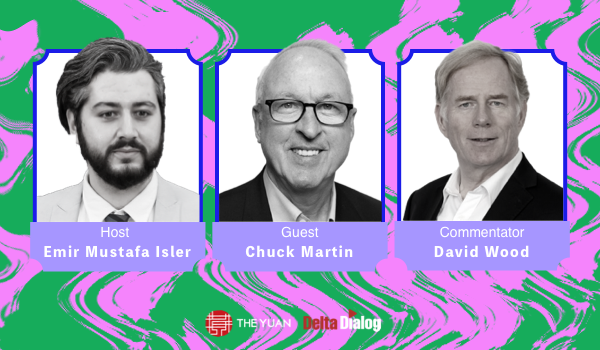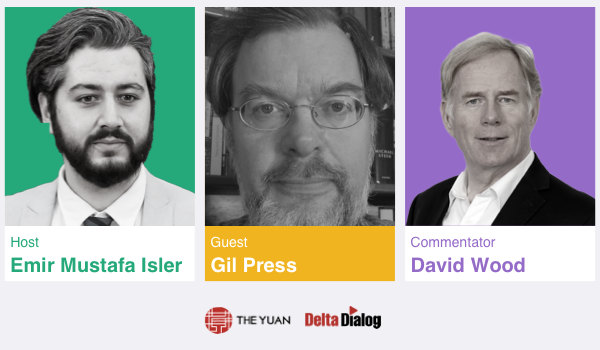
ISTANBUL -
Bridging Bytes and Biology
Isaac Asimov's Three Laws of Robotics, conceived as a fictional framework to govern the behavior of robots, offer a compelling ethical compass for modern AI in healthcare. These laws prioritize human safety, obedience, and self-preservation, in that order. When we talk about AI-driven healthcare systems, the first law, which prevents a robot from harming a human or allowing harm through inaction, aligns closely with the medical ethos of "do no harm." Applying this principle, AI technologies in healthcare are designed with patient safety as the most important concern, whether in diagnostics, treatment recommendations, or patient monitoring.
Emerging AI technologies stand on the brink of revolutionizing the healthcare industry. Among these, machine learning models that predict disease outbreaks or patient deterioration are noteworthy. Another game-changer is the development of AI-driven personalized medicine, which tailors treatment plans to the individual's genetic makeup, lifestyle, and environment. These innovations promise to enhance patient care, improve treatment outcomes, and streamline healthcare operations, making the delivery of healthcare services more efficient and effective.
The success of AI in healthcare hinges on strong interdisciplinary partnerships. Bridging the gap between technologists and healthcare professionals creates mutual understanding and innovative solutions. One approach to nurturing these collaborations is through joint educational programs that offer both medical knowledge and technical training. Additionally, creating cross-disciplinary teams for AI healthcare projects ensures that diverse perspectives are considered, leading to more effective healthcare solutions.
A notable gap in the intersection of AI and healthcare is the shortage of talent with both technical proficiency and a deep understanding of healthcare nuances. While there is considerable enthusiasm for applying AI in healthcare, there is a pressing need for professionals who can navigate both the complexities of artificial intelligence and the intricacies of medical science. Addressing this talent gap requires concerted efforts in education and training, emphasizing interdisciplinary learning and real-world healthcare experience.
What’s in it for me? / Why should I care?
The principles outlined by Isaac Asimov decades ago still resonate in today's AI-driven healthcare landscape, advocating for safety, respect, and ethical consideration. As we look to the future, the expansion of AI technologies in healthcare is undeniably promising, but realizing this potential fully depends on enhancing interdisciplinary collaboration and closing the talent gap. By focusing on these areas, the healthcare industry can leverage AI to deliver more personalized, efficient, and effective care.
Further Reading:- ML revives faltering drug discovery by using data to decode biology
- AI and Computational Biology
- ‘Effective’ is just as important as being ‘right’ in medical AI governance





 80 views
80 views






